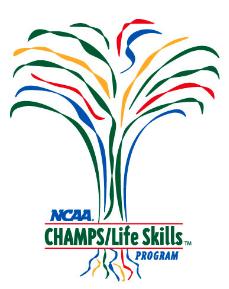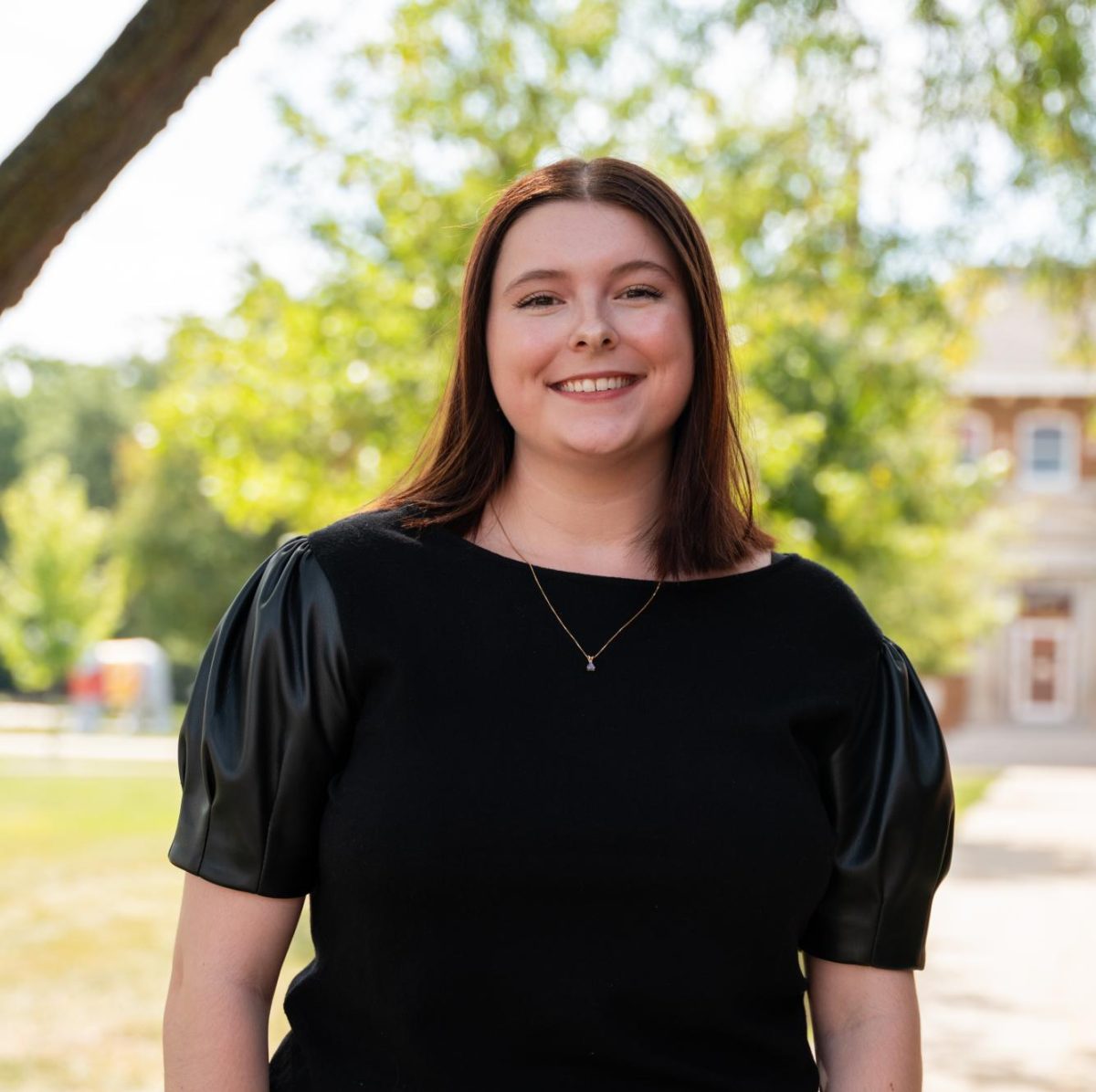Personal development, community service key in CHAMPS program

October 17, 2007
Simpson was recently accepted into the National Collegiate Athletic Association CHAMPS/Life Skills Program, a program designed to enhance the student-athlete experience. Next to Cornell College, Simpson is the only Division III institution in Iowa that is a member of the NCAA CHAMPS/Life Skills Program. There are five components that serve as the basis of the program- academics, athletics, personal development, career development and community service.Tyler Erwin, athletic academic liaison and assistant men’s basketball coach, spent over a year trying to get Simpson admitted into the program. With the help of Stephanie Krauth, associate dean of students, Erwin completed the application for submission. In the application, Erwin had to prove to the NCAA that there was a need for the program at Simpson. As it is the first full year in the program, Erwin says that lots of people are still trying to figure out what it is. “There have been a lot of people asking about it since some good things have been going on,” Erwin said. The Advisory Team was formed to oversee the CHAMPS/Life Skills Program at Simpson and to make sure the five components are being met. The committee utilizes six people on campus from different programs. Erwin is the CHAMPS/Life Skills coordinator. Other members include April Goers, assistant director/counselor of Student Support Services, Kara May, assistant director of Hawley Academic Resource Center, Jeff Martens, assistant baseball coach and area coordinator for Barker and Kresge, Erin Swancutt, career counselor, and Krauth. The mentor portion, which stands for CHallenging Athletes’ Minds for Personal Success, is just a part of the big picture of the NCAA program, according to Erwin. The purpose is to provide freshmen and transfer student athletes with an upperclassman mentor in their same sport. Each mentor is assigned roughly eight mentees, often grouping mentees together who live nearby eachother. After reviewing recommendations by coaches and staff last spring, the Advisory Team selected the 32 mentors. Their primary role, according to Erwin, is to help new student athletes at Simpson adjust to the college surroundings and the transition from high school to college.”It is crucial in the first six weeks for mentees to know they have someone they can go to ask questions,” Erwin said. “Mentors help mentees deal with practice, coaches, professors, classes and the ‘Simpson Experience.'”A new aspect for the academic side of the Life Skills Program is the study table. All freshmen student athletes are required to attend. Returning student athletes with a GPA below 2.3 are also required. New transfer student athlete cases are based on the circumstance and coach recommendation. Participants in the program are required to complete five hours under the supervision of the Hawley center. Students may do homework as needed. They can also make use of tutors or seek other assistance as needed.”The general idea of the program is helping our student athletes succeed on our campus, whether it be academically or athletically,” Erwin said.May believes the study table helps new student athletes, saying that all new students have transition issues. The goal is to give the participants time where they have to come in and get things done. May says that even though they may not like it, some will admit that the study table does help them get focused for the week.”What we try and do at study table is give you a routine,” May said. “That way you can build good habits right away, and especially for the new student athletes who might feel very overwhelmed with everything they have to do.” At the end of the semester, those with GPA’s of 2.3 or higher graduate from the program. May believes that the program helps break down any reservations student athletes might have had toward Hawley. Progress is evident when students come in with raised scores.”The real proof will be if, hopefully, at the end of the semester most students graduate out of it,” May said. “That to me will be success. I can think of a few guys who come in and just asked for help. That, to me, is perfect.”In the past, study tables were implemented sport by sport. According to May, now there is a consistent program for all sports to utilize. She believes that the study table program got off to a great start. “I think that it’s an easy sell,” May said. “At a school like Simpson where we have a lot of personal attention, why wouldn’t we want to make sure all of our different groups of students are getting their needs met?” Freshmen basketball players Brad Diersen and Justin Kuiper claim that when they are putting their five hours in, they always get things done.”I think it’s a good program because I know I wouldn’t get my stuff done if I didn’t come,” Diersen said. Junior Denisha Fields says that study table has made a difference in her school work, especially on papers. Both believe that one good thing about the study table is the availability of tutors.”Coming in here definitely helps,” Fields said.




